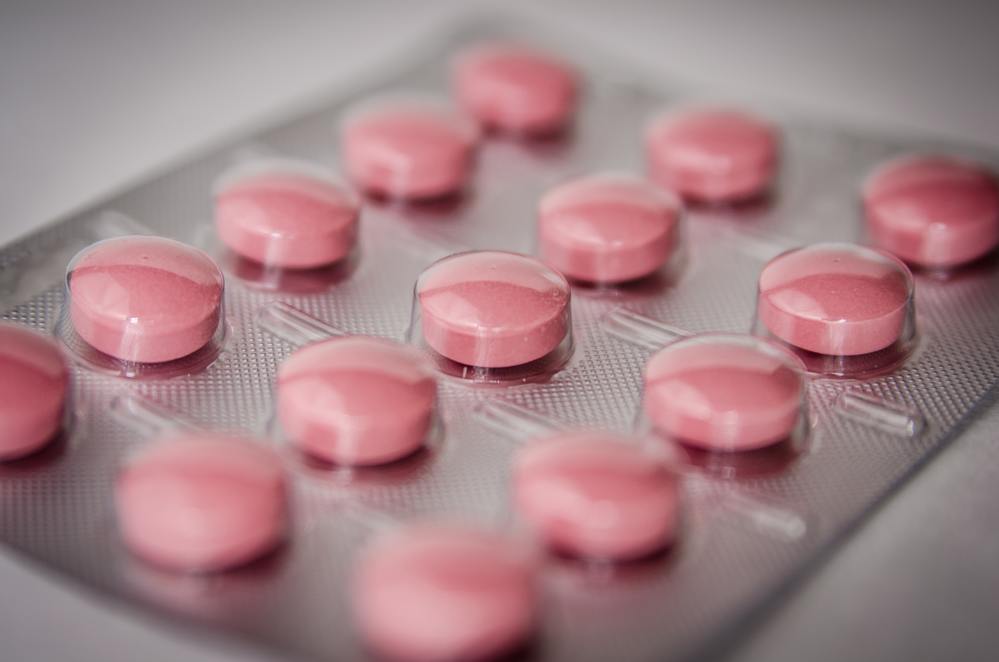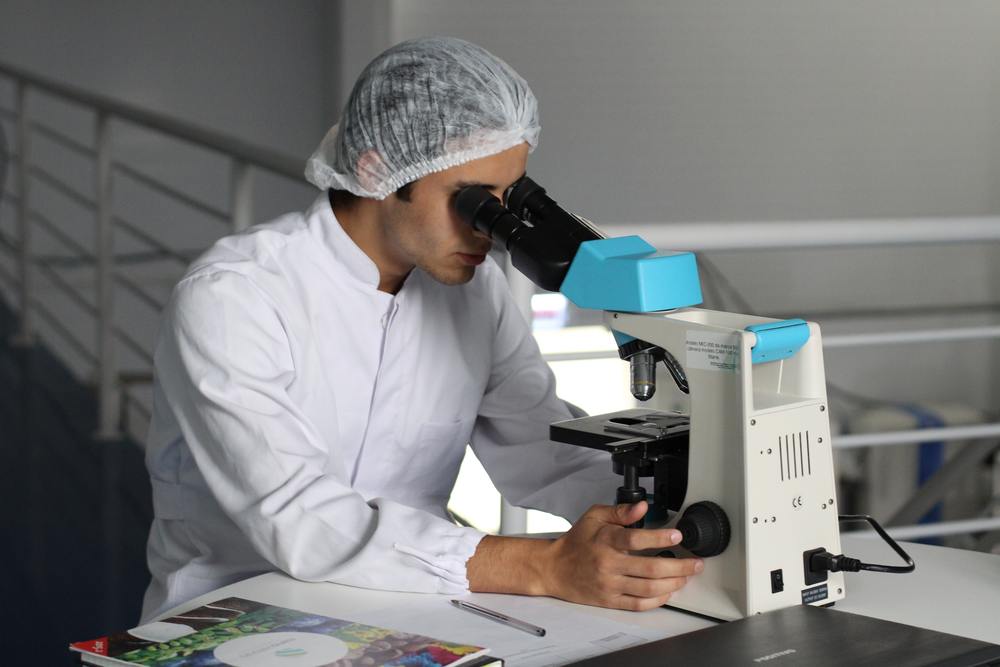There are many areas within the medical field that require accurate translation. The right words can provide the best care and treatment to patients around the world. The wrong words, however, can have a drastic impact on the treatment plan used to help a patient with healing. There are no do-overs in medical translation, making it essential to convey the meaning correctly the first time.
Many Areas of Medical Translation
Medical translation needs can vary. A sample of the areas that our translators have experience in include:
- Dentistry
- Pharmaceuticals
- Biotherapy
- Public health
- Research
- Prosthetics
- Oncology
- Surgical procedures
Medical translation can include a wide variety of materials. Some of the most common include:
- Reports
- Health and safety sheets
- Instructions
- Clinical studies
- Patient guides
- Maintenance manuals
- Datasheets
- Test results
5 Things You Should Know About Professional Medical Translation
If you’re looking for medical translation services, you need to have an excellent provider. Before you make the choice, here are five things that you should know about professional medical translation.
1 – There is no room for errors. From the initial translation to the editing, medical documents must be translated with 100% accuracy. A numerical error on a pharmaceutical document can cause extreme harm or even death to an innocent patient who has put their life in your hands.
2 – The work can’t be done by just anyone. Medial documents can include highly detailed information written in terms that cannot be understood by someone who doesn’t have experience in the field. The only people who can translate medical documents are those with expertise in the industry.
3 – Pharmaceuticals are highly regulated—as they should be. Pharmaceutical translation has strict regulatory requirements for translation. Procedures must be documented and submitted at each stage before translation can advance to the next level.
4 – Confidentiality matters. Translators must be discreet and follow confidentiality protocols. Some medical information is very sensitive and personal. Members of the translation team should be accommodating when asked to sign confidentiality agreements.
5 – Terminology must be consistent. In order to produce high-quality translations that are consistent, your translation team should help you come up with a glossary of terms that will be used throughout the project.
It’s clear to see that there are many benefits of hiring a professional service to handle the medical information that you need translated. At ITC Global, we know how important these things are to your team. Our translators are experienced in the fields in which they translate, and they know how important it is to be 100% accurate. We have the knowledge and expertise to provide you with the best medical translations possible. Contact us today for more information on all your translation needs.




